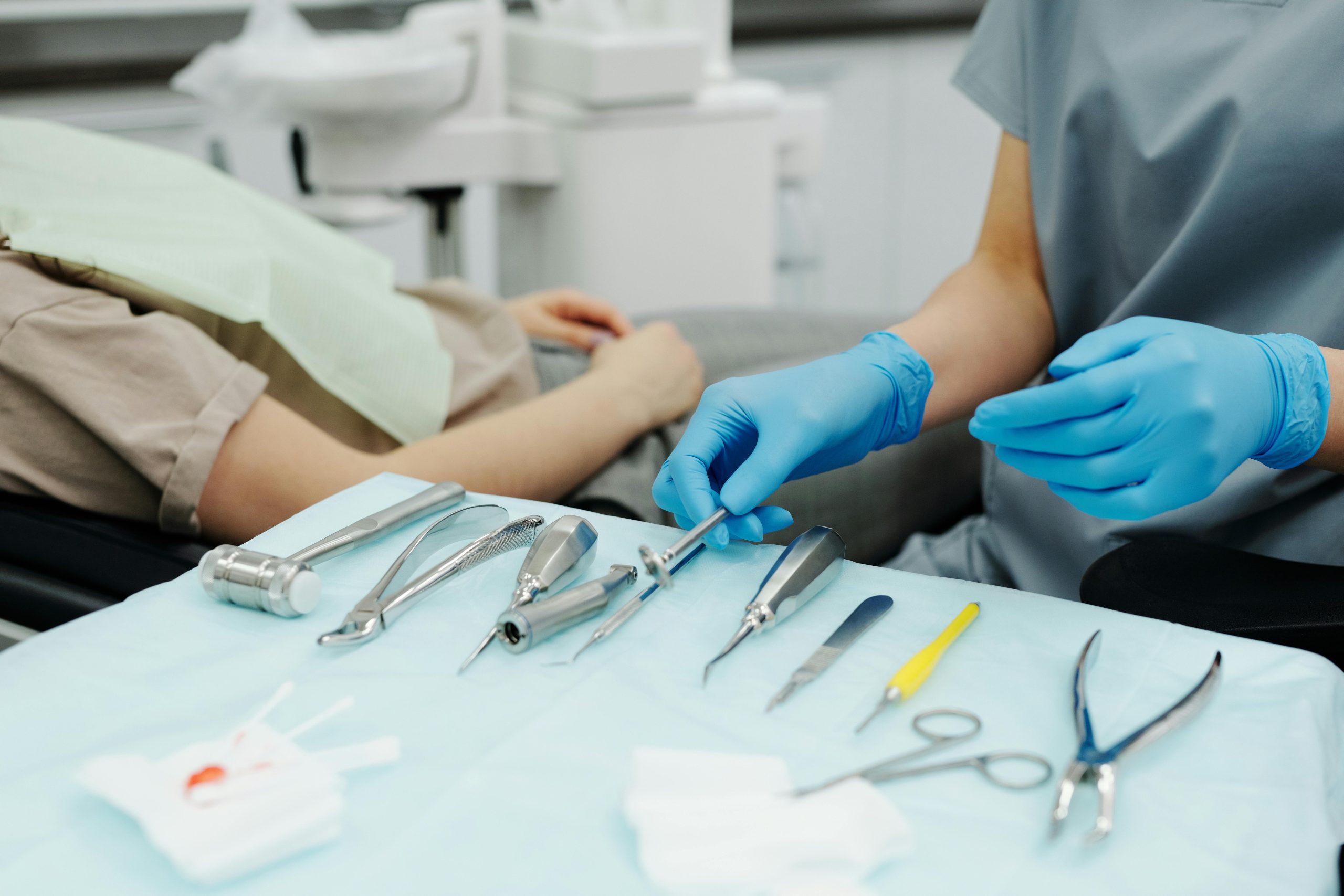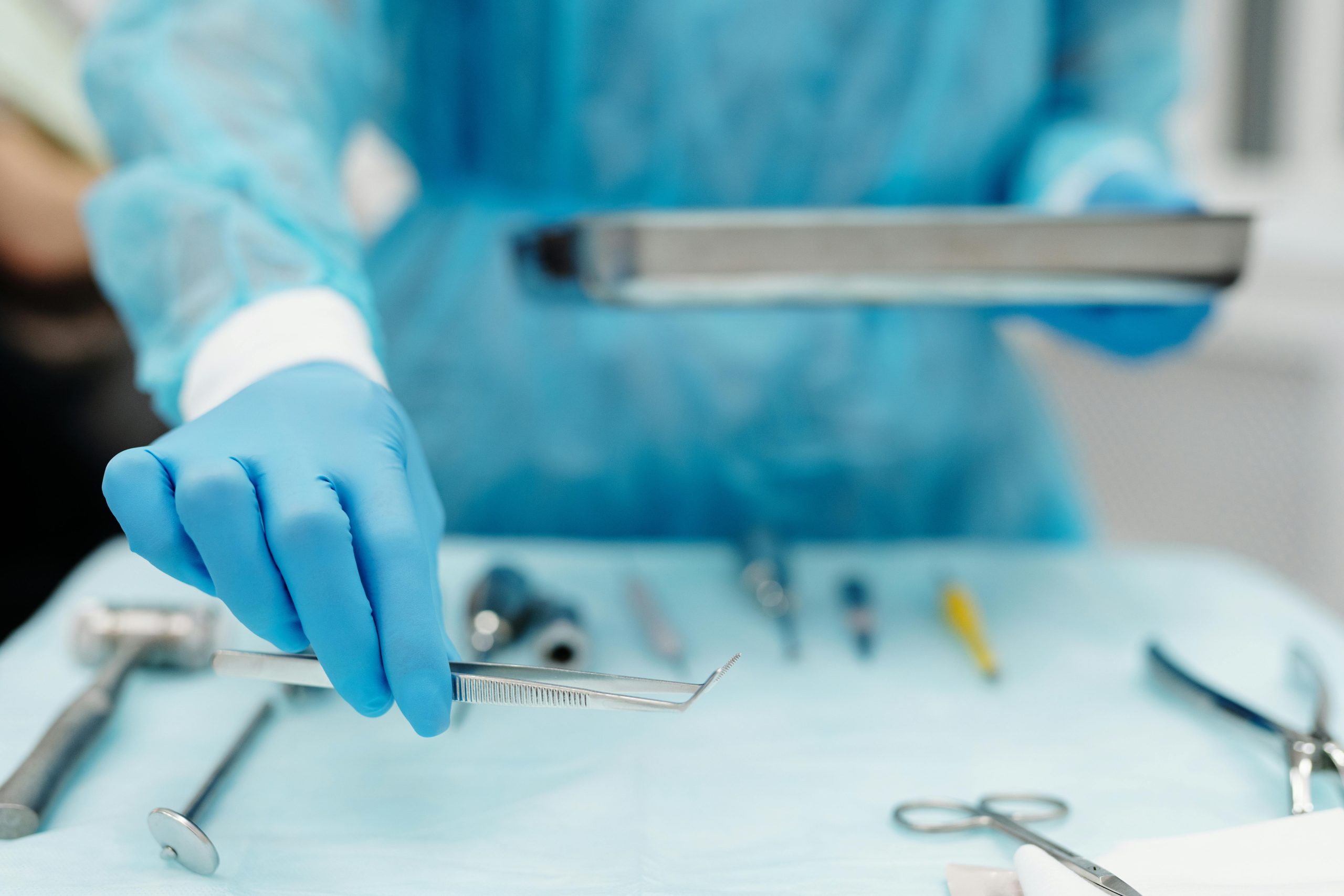Treatments
Dentures
If you want your smile back, we have custom-made denture teeth for you.
In one way or another, dentures have helped people for many years, and they have come a long way from that. These are not the same removable artificial teeth that used to be at your side table next to a glass of water. Dentures may indeed be fixed in place using dental implants. They are comfortable and allow you to eat and taste your meal better!
What are Dentures?
- Custom Fit
- Natural Appearance
- Restored Function
- Durable Materials
- Easy Maintenance


Advantages of Dentures
- Improved Teeth Appearance
- Better Functionality
- Affordable Option
- Custom Fit
- Convenience
Permanent Solution for Missing Teeth
Types of Denture Base
Depending on your needs, there are four main types of denture bases, each with unique features:
- Acrylic Resin Base:– This method is the most widely used and relatively easier on the pocket. Suitable for use where there will be a complete or partial denture and provides the natural look and feel of gums.
- Flexible Base:– Made from a very smooth thermoplastic polymer, including nylon. It is outstandingly comfortable and accessible, which makes it very suitable for patients with sensitive gums.
- Hybrid Base:– Surgically places metal and acrylic together for strength and enhanced comfort. Recommended for bottom teeth dentures and complete teeth dentures cases where any additional stability is required.
- Cast Partial Denture:– CPD can be described as a partial denture made of a cast metal framework for the base and containing artificial teeth made of an acrylic material. Compared to the conventional acrylic denture, Cast Partial Denture is stronger and has better wear resistance and retention.
Why Choose Us?
Reasons to choose SmileOn for your dental procedures:
- Higher success rate
- Affordable prices
- Quality work
- Professional team
- Clean environment
FAQs
01. How much do dentures cost?
The cost of dentures can depend on a few different factors. The price may depend on the scale of the treatment and the condition of your teeth. Each situation can be unique. We recommend booking a consultation with a dentist. At the consultation appointment, they will examine your teeth and be able to give you an estimate of the price.
02. Does it hurt to get dentures?
Our experienced dental team are experts at providing you the best care when getting your dentures placed. Making sure you feel comfortable during and after the procedure is a high priority. However, it’s normal to experience some pain and discomfort with your dentures, particularly after the procedure as it takes time to get used to your new dentures. Pain and swelling can be common following extraction and fitting. The pain will go away once the healing is complete and you have adjusted to your dentures. We recommend regular visits to the dentist following the fitting, as you adjust to your new dentures.
03. Is it difficult to eat once you get dentures?
It will usually take you a bit of time to adjust to your new dentures and eating may be a bit uncomfortable for a few weeks. We recommend eating soft foods and small pieces of food to start off with. Once you become used to your new dentures you will be able to return to your normal diet. You should continue to be careful when eating hard, hot or sticky foods.
04. Is it possible to repair cracked dentures?
Yes, cracked dentures can be repaired if the dentist uses the right tools and materials to fix it and make it fit as new again.
05. How many teeth are there in a set of dentures?
A complete denture has up to 28 teeth; a partial denture will have as many teeth as you require.
06. What is the best way to clean dentures?
It’s important to keep your dentures clean as they’re prone to stains, plaque and tartar build-up. Just like brushing your teeth cleaning dentures is an easy and necessary process. A recommended cleaning process for full or partial dentures involves, using a denture-cleaning tablet in warm water (make sure it’s not too hot and enough to cover the denture). The next step is to use a soft brush and gently brush your dentures just like you would brush your teeth. Once you’ve brushed your dentures, rinse it thoroughly underwater.
07. Appointment overview
At least 4 appointments are needed for dentures
At the first consultation visit your dentist will examine your teeth and make a recommendation. You will also have an impression taken of your mouth
If you need teeth extracted your dentist will remove your teeth and fit your dentures immediately using immediate dentures
After the fitting of your dentures you will need to have another appointment during the first week so your dentist can review the healing process
You will usually need your dentures adjusted within the first 3 to 6 months of having them fitted
You will usually need your dentures re-lined within the first 6 to 12 months
Further appointments may be needed if you have any problems or issues with your dentures.
08. What does denture breath smell like?
Denture breath may have a foul smell because of the build-up of hardened deposits such as plaque, bacteria, or debris from food particles on the dentures if not cleaned well.
09. How to prevent dry mouth when you have dentures?
Drinking fluids and using mouth sprays can help to keep your mouth hydrated. However, you should also clean your dentures daily and visit your dentist for more information.
10. What are implant supported dentures?
Dentures supported by implants that can be fixed to dental implants, thus enjoying better security and comfort versus standard dentures.
11. What are dentures made of?
Dentures can be made from materials such as acrylic resin, porcelain or metal and acrylic due to their strength and appearance.

